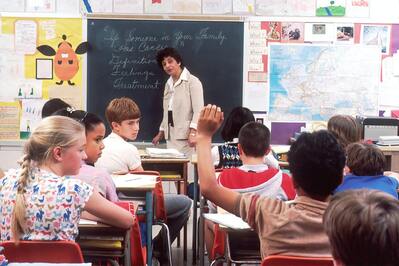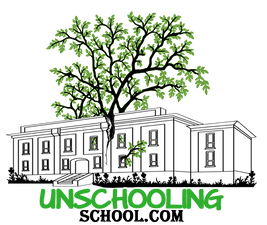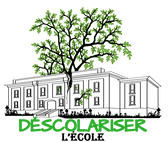MISCONCEPTIONS we have embraced
|
Truths of Natural Learning
- Learning happens everywhere, all the time naturally.
- People can be co-learners taking turns playing the role of guide, teacher, facilitator and learner as their expertise, temperament, and circumstances allow.
- People can learn what they want when they need or desire to learn it.
- People can benefit from working with people of all ages.
- People need to be able to join groups or be alone as they see fit. There are times when younger people need the protection and wisdom of older co-learners to be safe.
- Self-evaluation, reflection, and constructive feedback are the most valuable ways for a learner to measure their progress. In some cases, grades and tests may be useful tools that learners may choose to employ.
- Play is the natural way that human beings learn.
- Younger people and families should have the most say in learning decisions.
- Freedom and democracy are the best way to produce responsible citizens.
"Death and taxes come later; what seems inevitable for children is the idea that, after spending the day at school, they must then complete more academic assignments at home. The predictable results: stress and conflict, frustration and exhaustion. Parents respond by reassuring themselves that at least the benefits outweigh the costs.
But what if they don’t? In The Homework Myth, Alfie Kohn systematically examines the usual defenses of homework – that it promotes higher achievement, “reinforces” learning, teaches study skills and responsibility. None of these assumptions, he shows, actually passes the test of research, logic, or experience."



